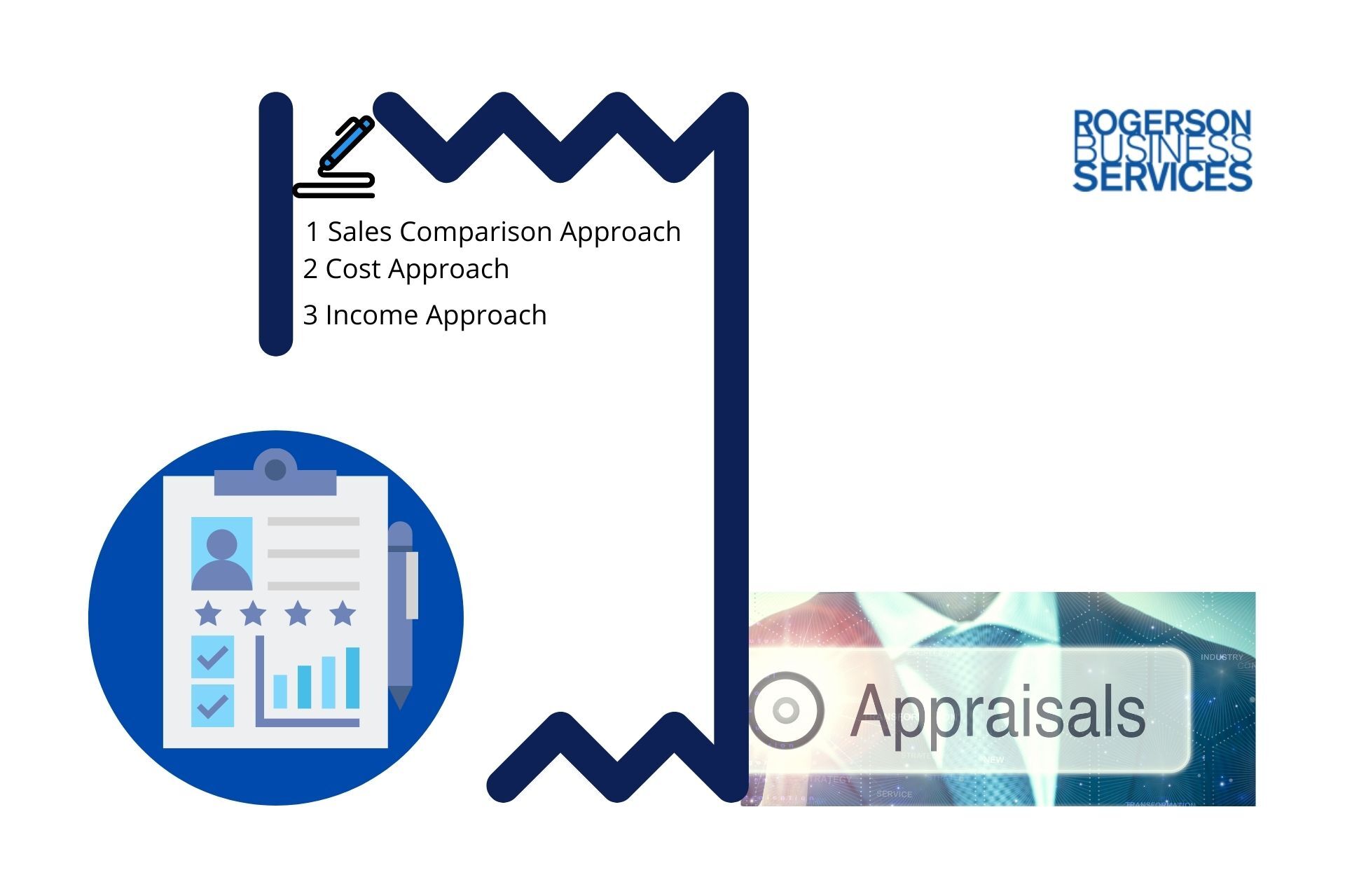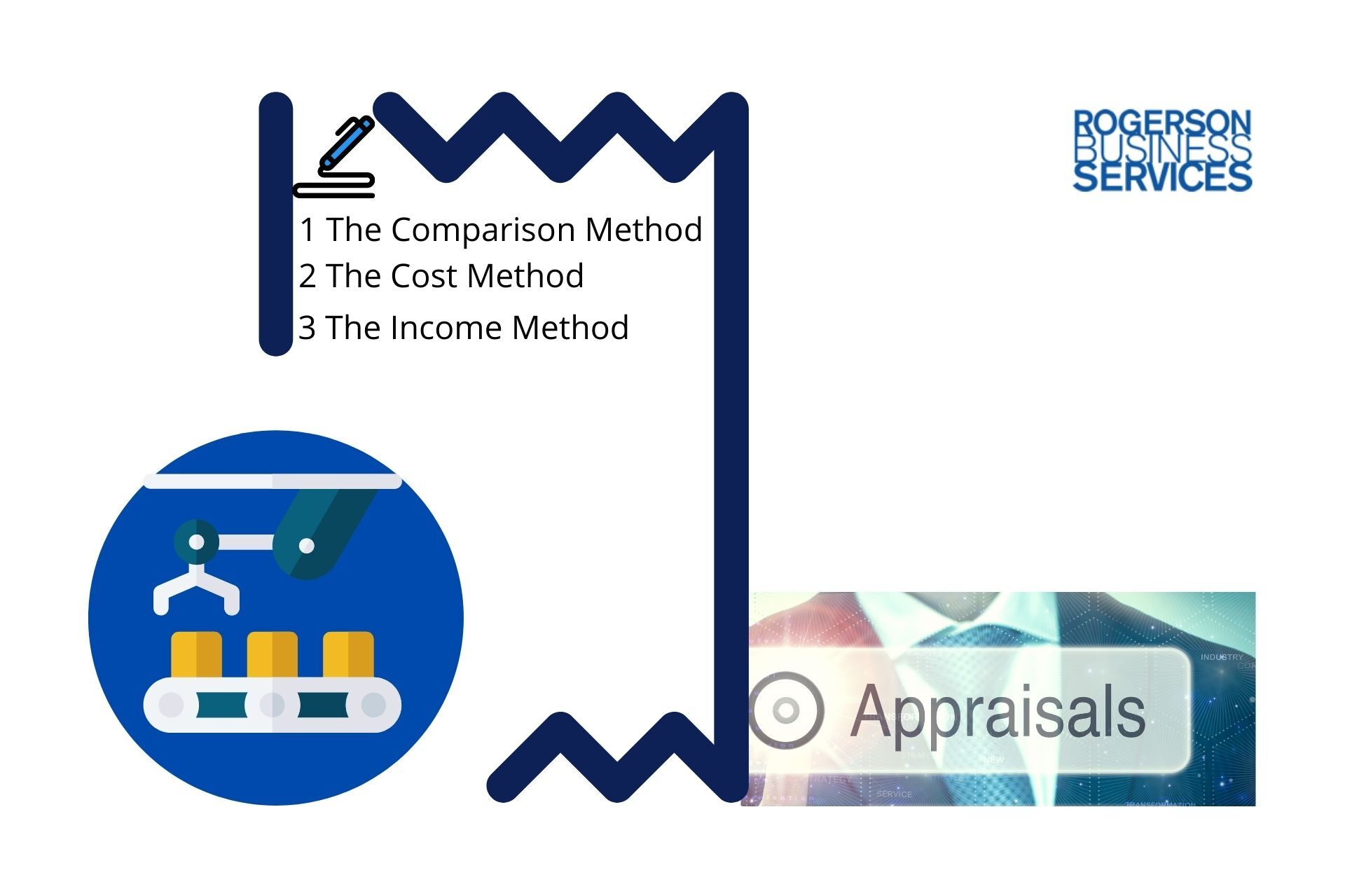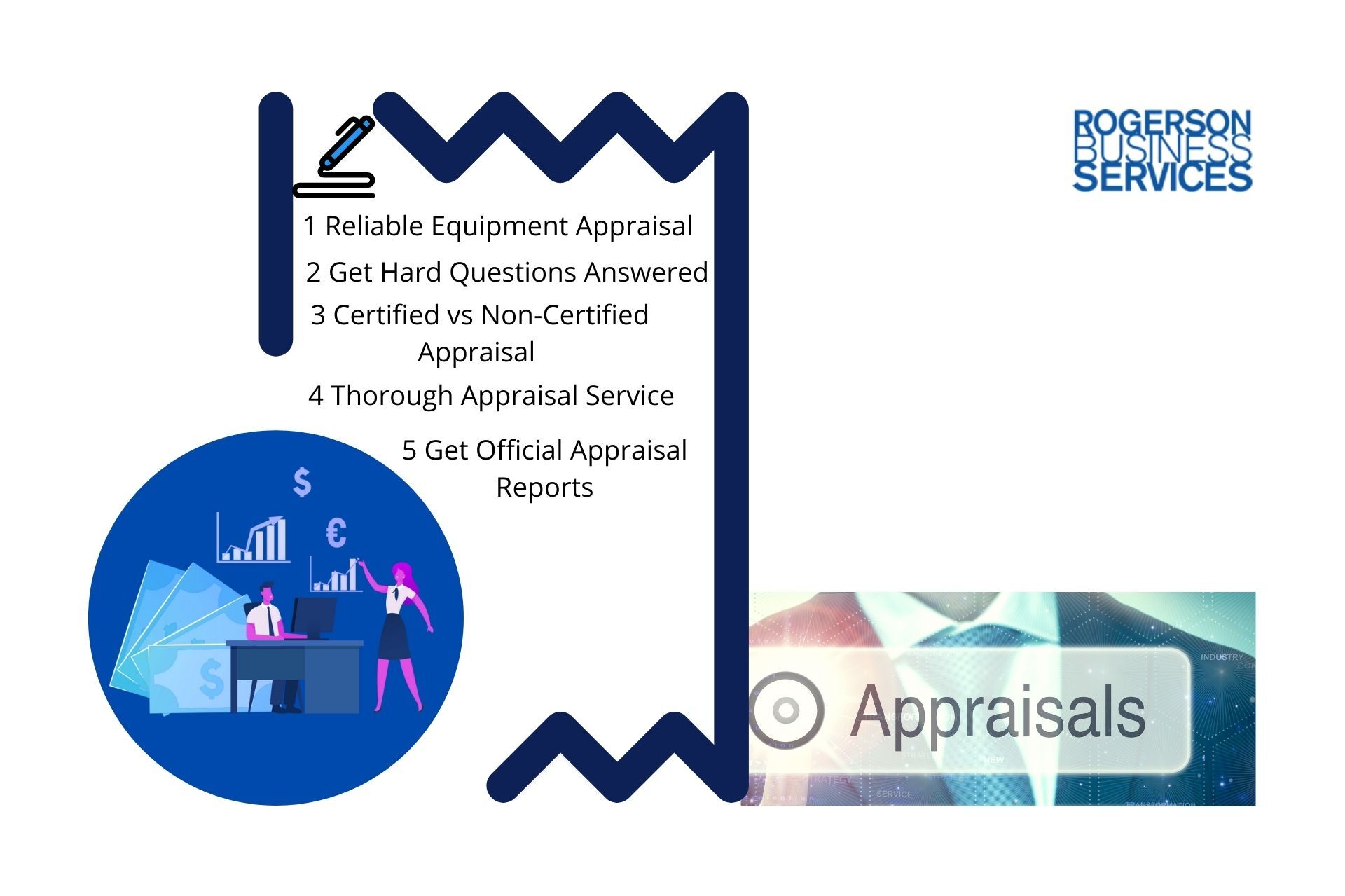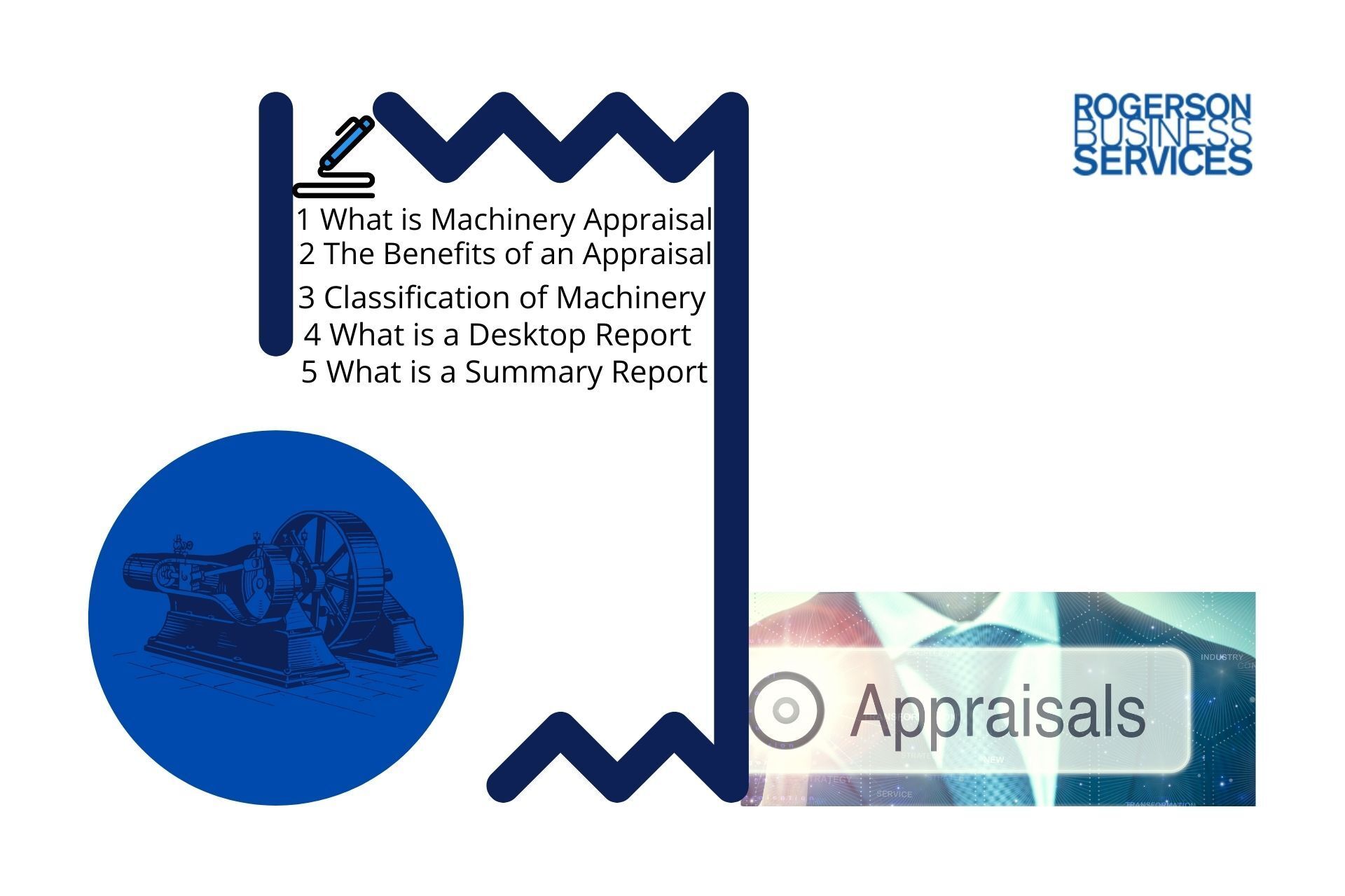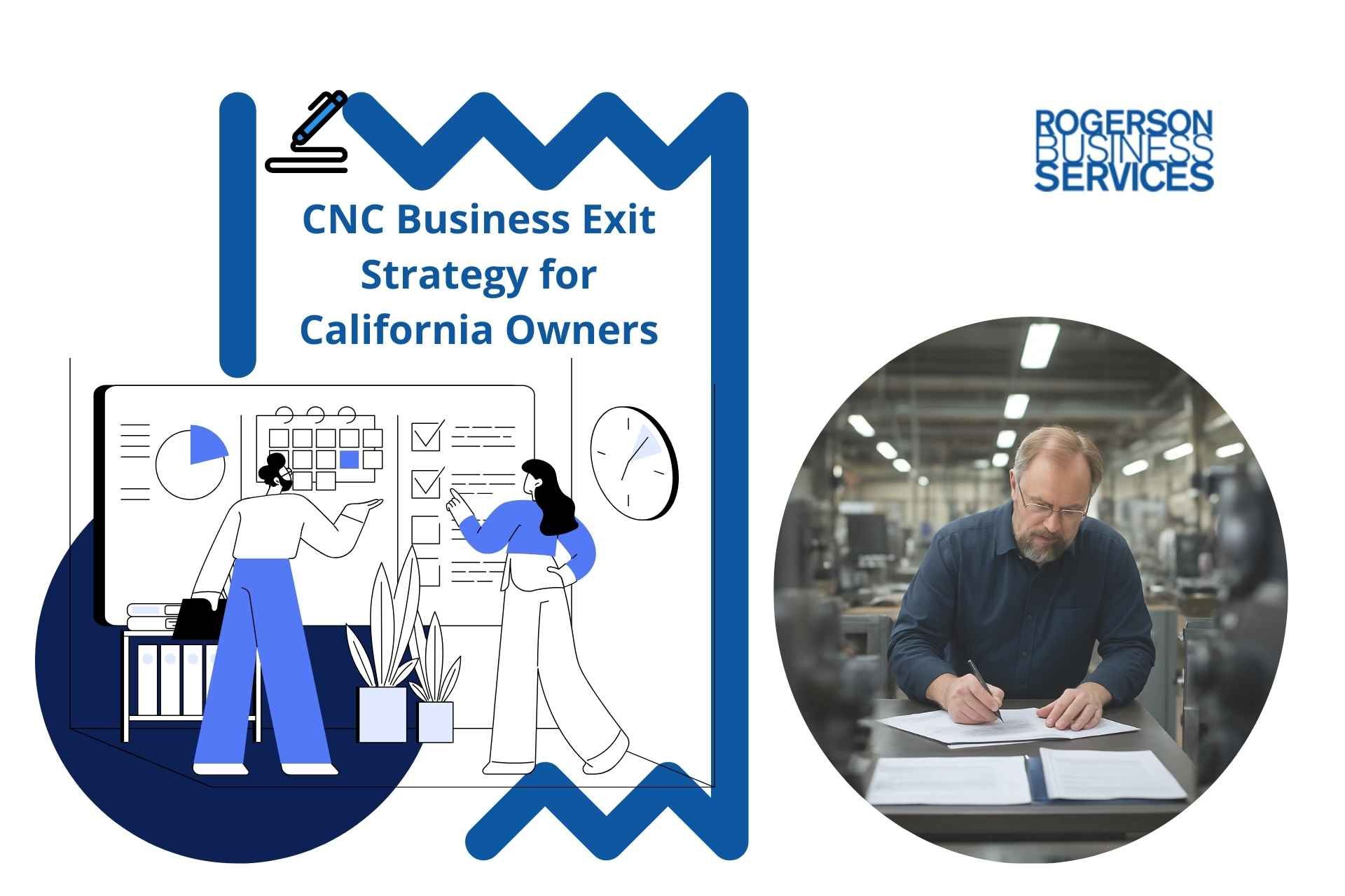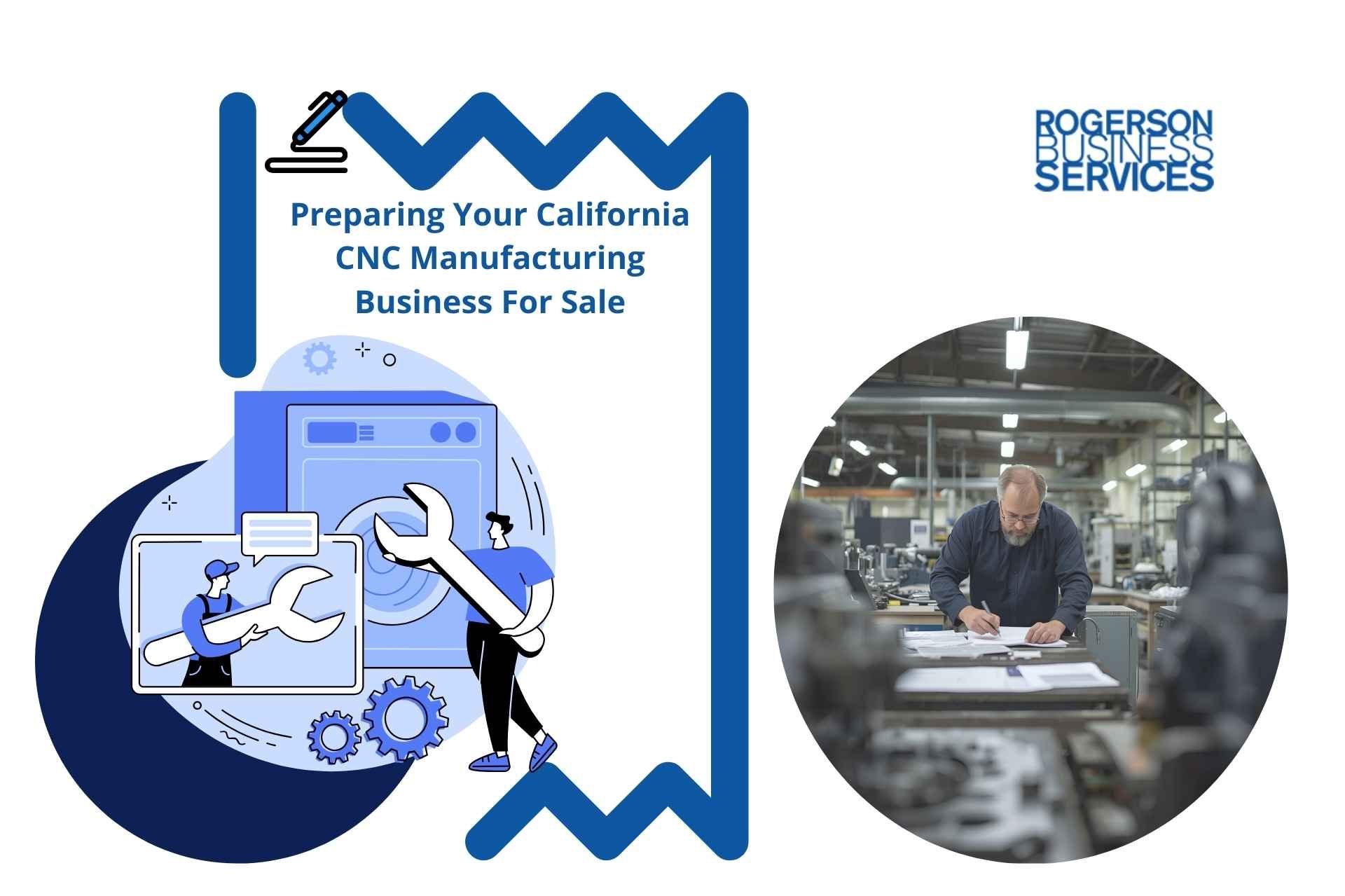How to Determine Fair Market Value of Equipment | Calculations Guide
How to Determine Fair Market Value of Equipment
- First Method: The Sales Comparison Calculations
- Second Method: The Cost Calculations
- Third Method: The Income Calculations
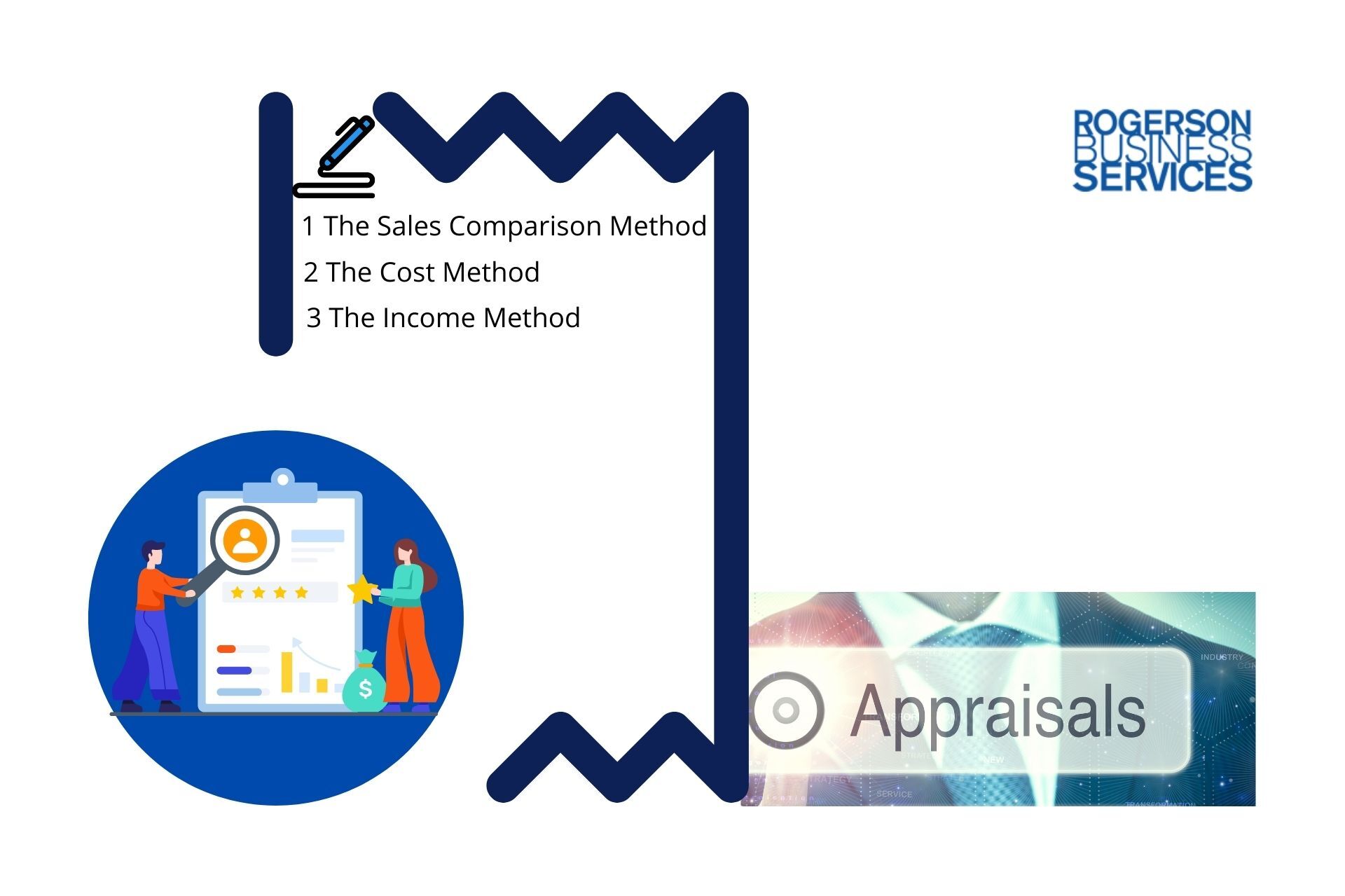
How to determine the fair market value of the equipment is important to business owners in California. Knowing your equipment's fair market value (FMV) is vital in understanding your financial position and correctly fulfilling tax obligations. To help you determine this, we’ve identified three valuation methods that Certified Machinery and Equipment Appraisers (CMEAs) use to appraise used equipment. Get to know each one below.
Sales Comparison Method | Determine Equipment Fair Market Value
The sales comparison approach involves determining the price of a piece of equipment by comparing it to recent and similar sales, which you can call comparables. Relevant data include auction prices, dealer and vendor listings, and others.
With this method, appraisers analyze specific features and characteristics of the comparables and account for their effect on an equipment’s value.
To arrive at a more accurate valuation, appraisers can adjust comparables to match their condition to the subject equipment. For example, if the comparable has a higher quality than your equipment, the appraiser will adjust the price to make it lower.
Generally, an equipment appraiser would use this method if there is adequate market data as a reference since it often results in the most accurate valuation. However, if there aren't enough sales records or the subject equipment is more specialized, the other methods will be more suitable.
Cost Method
If your equipment isn’t commonly sold or the market isn’t active enough to get an accurate value, the cost method will be more applicable. In addition, it often serves as the starting point for any equipment appraisal since it’s more straightforward.
The cost method essentially values your asset at a price needed to build the equipment with the same condition and utility. Typically, the appraiser starts at the current new replacement cost then deducts the value to account for depreciation of the subject equipment.
Deductions for depreciation may fall under three categories: physical deterioration, functional obsolescence, or economic obsolescence. To calculate the corresponding depreciation, the appraiser will need to use their judgment.
Overall, the cost method is generally not as reliable as the sales comparison method. However, it’s the most appropriate option if there isn’t enough data to get substantial comparables to value the subject equipment.
Income Method
The last approach is the income method, which is suitable for appraising revenue-generating equipment. As its name suggests, the technique calculates the present value of the subject equipment’s future economic benefits.
In most cases, the income approach assumes a particular rate of return from the income generated by the equipment of interest. The appraiser will calculate the revenue by taking the value of the equipment and multiplying this by the expected rate of return.
Among all the valuation approaches, this method is the most rarely used for equipment. One main reason is that it’s often challenging to trace back the exact amount of income you've earned from a particular piece of equipment.
How to Determine Fair Market Value of Equipment | Valuation Process
How to determine the fair market value of equipment? Business owners often ask this at least once when managing their operations.
To answer this thoroughly, it helps to familiarize yourself with how to value used equipment. Here are the main steps involved in the valuation process.
- Determine the purpose of the valuation. Why do you need an equipment valuation? Certified appraisers will usually ask for the intended use of the appraisal to determine what method will be most suitable and what report you will need.
The most common reasons why appraisals are done would be buying or selling equipment, purchasing insurance, using equipment as collateral for a bank loan, and calculating tax expenses.
- Identify the equipment to be valued. The primary step to the valuation process is identifying the equipment you intend to appraise. The equipment will usually be essential assets you own in your business, such as vehicles, buildings, or manufacturing equipment and machinery.
- Gather relevant information. The next step will be to gather essential details on the equipment. These include the purchase date and price, accumulated depreciation from your balance sheet, and the carrying value.
- Apply the chosen appraisal method. After the relevant information has been compiled, you can proceed to perform your chosen appraisal method. This can be any of the three methods discussed above, depending on the availability of market data and the type of equipment you’re valuing.
- Exercise judgment to arrive at the final value. One of the trickiest parts of the valuation process is exercising judgment to arrive at an appropriate value.
When using the sales comparison method, appraisers need to make downward or upward adjustments to comparables based on how their quality differs from the subject asset. Similarly, appraisers must apply their judgment to determine the depreciation factor and value for the cost approach.
Equipment Appraisal Services
As you’ve probably noticed, the equipment appraisal process is complex and technical. As such, it’s essential to hire a Certified Machinery and Equipment Appraiser (CMEA) for professional equipment appraisal services.
A certified equipment appraiser ensures that you receive an unbiased valuation for your asset, which you can use for your intended purpose. They also comply with the Uniform Standards of Professional Appraisal Practice (USPAP), so you can rest easy knowing that they did the valuation per proper ethical and quality control standards.
To arrive at an accurate valuation, the individual doing the job needs to understand the subject equipment and the relevant market thoroughly. CMEAs have undergone the proper training and taken a written exam to be appropriately qualified, giving them credibility to perform the task.
Now, you might be wondering – what if you estimate the valuation yourself? Unfortunately, if you don't have the knowledge and experience in the field, you can commit many errors and expose yourself to liabilities and risks. Moreover, even the most minor mistakes can land you in court or lead to IRS disputes, so it's best to leave the work to a professional.
Overall, it’s critical that you hire a CMEA and not an auctioneer, dealer, or layman for equipment appraisal services since they’re the only ones that the IRS and other organizations recognize as qualified. Moreover, CMEAs are the only professionals who can help you get court-acceptable documents.
Hiring a CMEA will save you time, effort, and costs whenever you might need a machinery equipment appraisal. With professional help, you can get an accurate valuation, comply with regulations, and avoid running into issues along the way. Contact us for more information.
If you have decided to appraise your used equipment and then sell your business now or within the next six months, click here to get started with this quick and simple form, so we can understand your pain points better and prioritize your inquiry with RBS Advisors.
Go to the next article: Part of a guide to help with appraising machinery and equipment in California series ->
More Tips to Help Value & Appraise Machinery and Used Equipment in California
Hey there! Can we send you a gift?
We just wanted to say hi and thanks for stopping by our little corner of the web. :) we'd love to offer you a cup of coffee/tea, but, alas, this is the Internet.
However, we think you'll love our email newsletter about building value and properly position your company before transition/exit your business ownership.
As a special welcome gift for subscribing, you'll also get our helping and educational guides, tips, tutorials, etc.. for free.
It's filled with the best practices for retiring serial business owners like Dan Gilbert, Larry Ellison, Warren Buffett, and many more.
Just sign up for our emails below.

